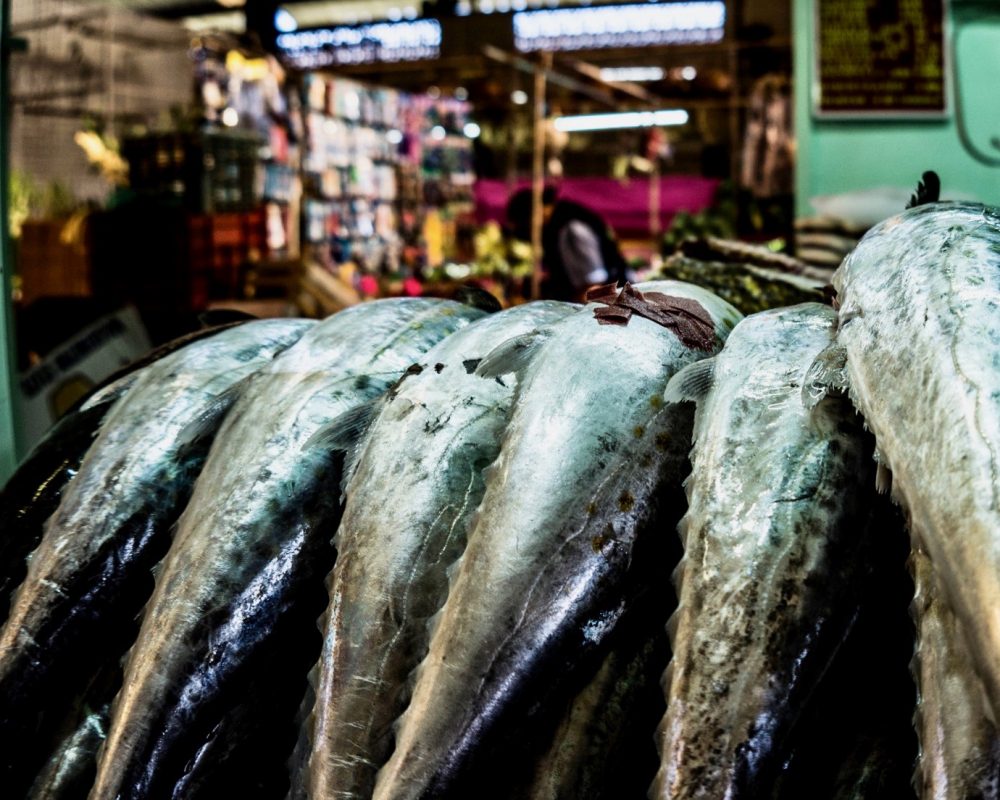Pandemic-caused disruptions to businesses and livelihoods are expected to cause a 1.3% decline in global aquaculture production and overall drop in fish supply, consumption and trade revenue for 2020, the Food and Agriculture Organization reported on Tuesday.
The hard-hit global fisheries and aquaculture industry may not get much relief this year as COVID-19 lockdowns continue amid 102 million infections and 2 million deaths worldwide, the U.N. agency said in its report.







